Education 4.0 – Driving the change the industry needs #FutureofEducation
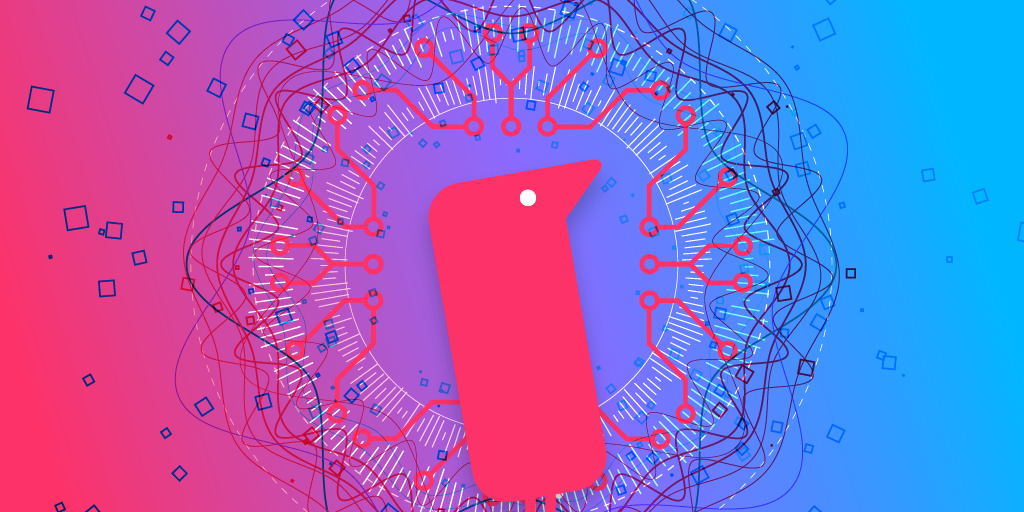
A new phrase has made its way into the world of education.
It’s been present at conferences, in the media and has been featured on many occasions as the topical title for discussion panels and podcasts.
It’s the new ‘thing’ everyone is talking about. It’s ‘Education 4.0’.
Whilst there are many views around the term, it’s clear that most in the education community view it as more than just the latest trend or ‘buzzword’. Derived from the term ‘Industry 4.0’, it’s an attempt to reflect the change in industry and society over the last 250 years, and bring to the forefront a recognition that education needs to keep up with the new digital era to ensure students have the necessary skills as we enter the fourth industrial revolution.
The transition into a new era
Transitioning us through the first two industrial revolutions were the revelation of water and steam powered machinery, followed by electricity and mass production. Throughout the third, computer use and internet-assistance became the norm. And as technology is driven to new heights with ‘big data’ and machine learning, we are finding ourselves in the midst of the fourth.
Education 4.0 delivers a stark realisation that education needs to develop its students to meet the challenges and needs of today’s industry and society. As the world continues to increase technologically, we can appreciate that many of today’s learners will graduate into jobs that don’t yet exist. Whilst this means that we need to nurture self-autonomous learners able to react to new challenges, it also means that we need to ensure our learners develop the digital skills required by consistent innovation. Education 4.0 presents us with a framework for real and meaningful change, and it provides all of us in education with a very exciting opportunity.
Of course, we cannot deny that our education system has been evolving, particularly around its use of technology. Progressive colleges, schools and educators have embraced alternative models of instruction and learning design. There have been great strides in online and blended learning, and the last few years in particular have seen exciting developments in new and creative learning spaces. Plus, the move to skills development, often referred to as ‘21st century skills’, has been adopted in a more flexible curriculum.
But, Education 4.0 seeks to go further
Education 4.0 encapsulates and builds on this good practice, while seeking to go further. It recognises that these changes aren’t enough and that wider change is needed – a change in the role of educators, a shift in our focus to learning, a new approach to assessments, a redesign of learning spaces, and a recognition of the diversity of students in how they want to learn. Above all though, it seeks to drive systematic change in how, where and when our students learn, and in doing so allows them to take advantage of the incredible availability of information in our connected world.
One of the key developments enabling Education 4.0 is the rise of adaptive technology that can deliver uniquely personalised, even bespoke learning experiences for students. Using the capabilities of machine learning, we can understand how our students learn best, and build on what motivates them. We can tailor content that is focused on their needs, interests and understanding. A great example of this is WriQⓇ, our writing assessment tool. It will measure student writing by automatically checking and marking content for grammatical accuracy and provide instant feedback to students using the data it gathers. Each student will receive personalised support to progress, with less manual input from the teacher. With that one example, we can see how the teachers role is shifting – to one of a facilitator and guide, able to use teaching time to interact with students in a more meaningful way.
It’s about nurturing independent learners
Education 4.0 isn’t just about ‘edtech’. It’s also about embracing technology in a wider sense in order to maximise its benefits, for example – the WhatsApp revision group, the YouTube channel created by peers, the Facebook group full of industry experts, or one of the many Massive Open Online Courses (MOOCs). Students will need the ability to evaluate the plethora of online content and understand what’s valuable and what’s not. They’ll need to be able to identify their learning preferences and recognise which tools can support their unique needs. With technologies such as Read&Write and EquatIO, we’re letting students express and articulate learning in their own way – enabling them to explore and understand how they learn and in turn, creating independent learners.
Education 4.0 recognises the need to require essential skills of independence, logic, judgement, critical thinking and communication. Above all though it simply strives to encourage an understanding that we must be flexible in our approach to learning, and always keep in mind the needs of industry – because in doing so we build the greatest opportunities for our students, and our society.
Education 4.0 is our chance to make a change
There’s a long way to go towards Education 4.0. Technology needs to be better understood and adopted. The way we assess student needs and knowledge understandings needs to be changed. Course and curriculum structures need to be reimagined.
Education 4.0 isn’t simply the latest buzzword. It’s our chance to drive the discussion and create the actions to make real and lasting change. For many educators, it’ll be a challenge simply to ‘let go’ and let learning come first, but it’s time to make a start and get behind Education 4.0 – by embracing all forms of technology and then simply asking our students one question – ‘How do you want to learn?’.



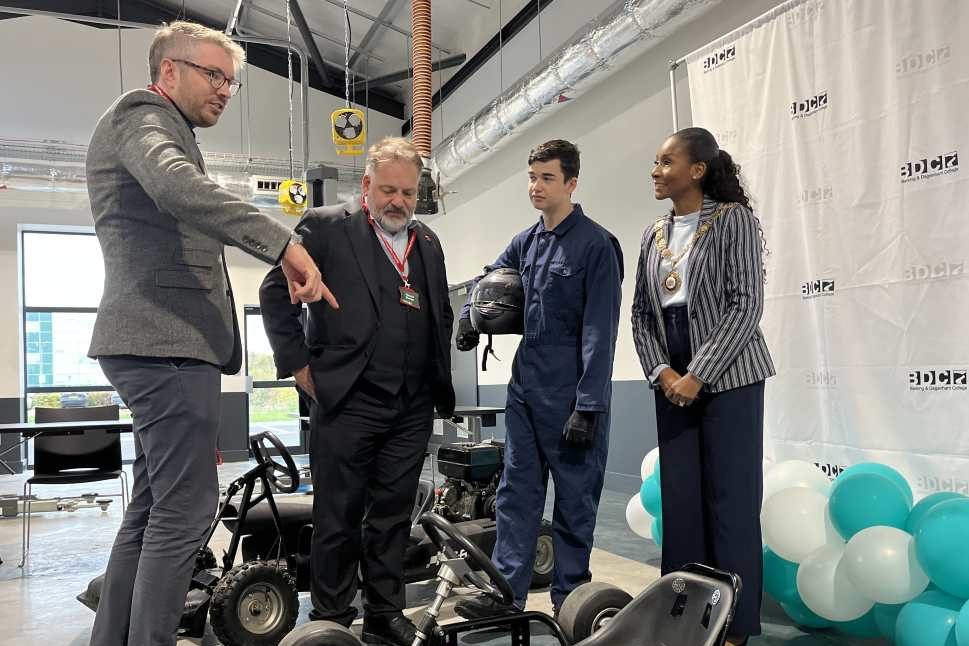

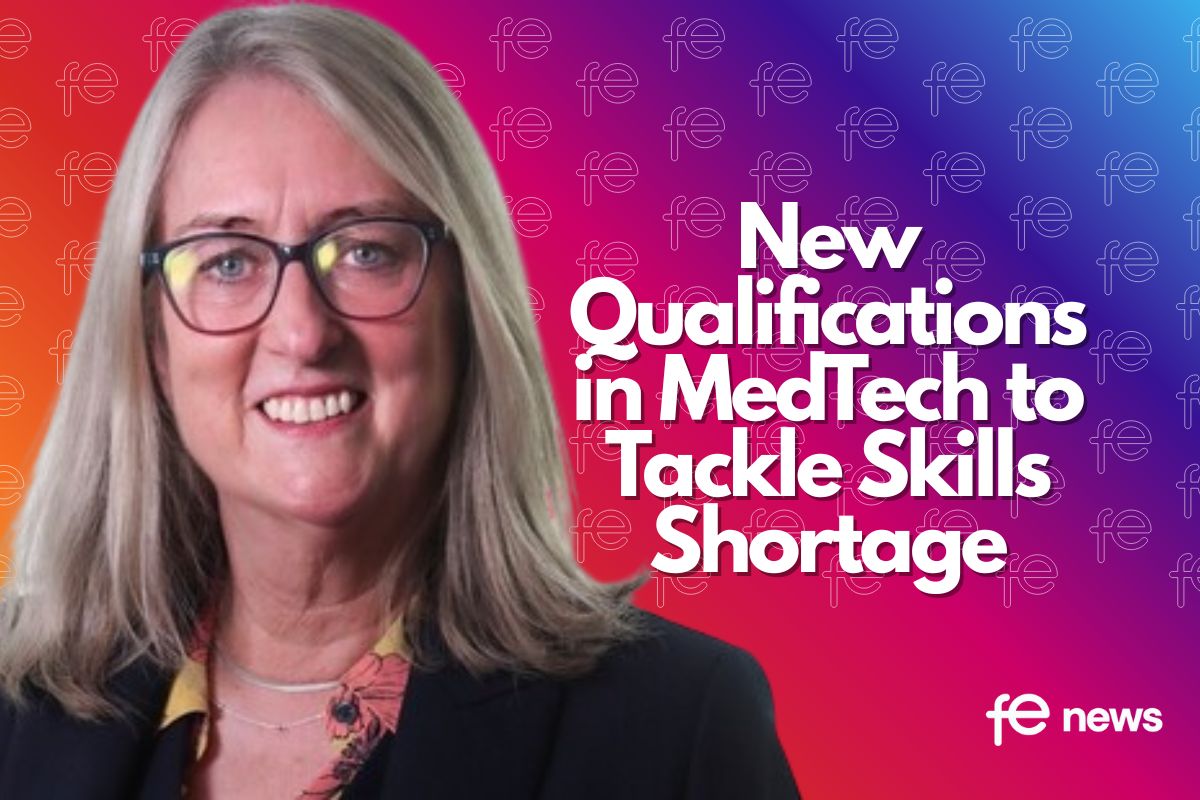
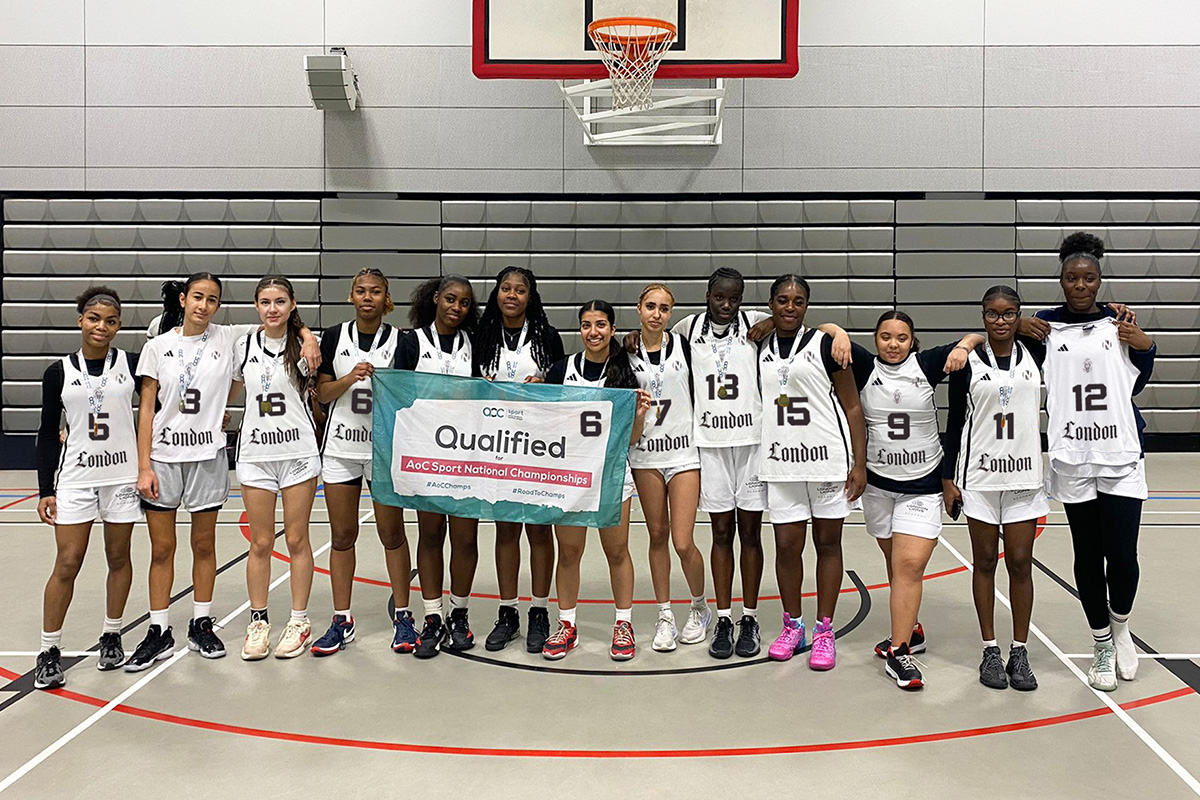



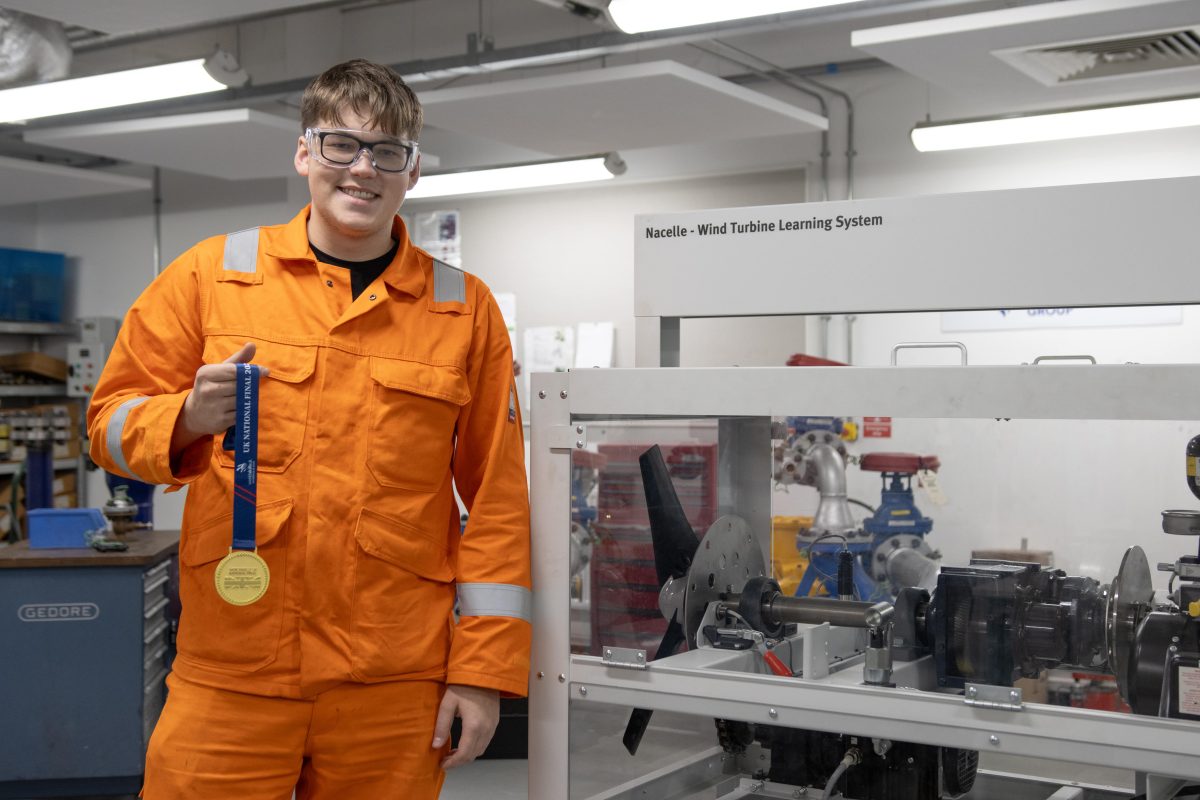
Responses